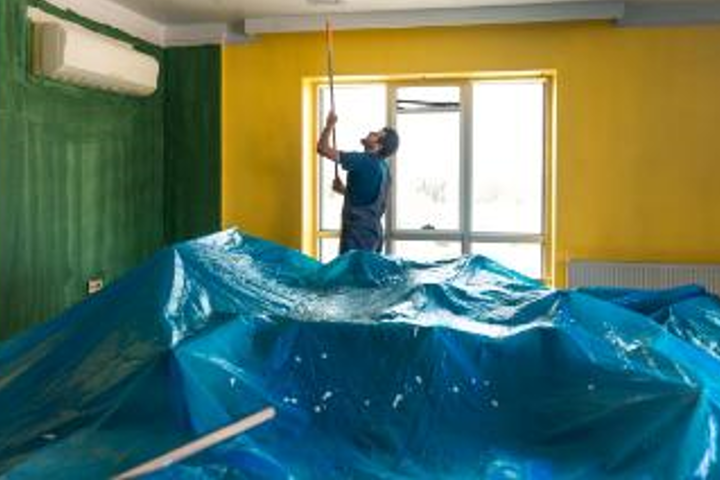Modern-day structures are indeed more complicated than the earlier ones, which were constructed 20-25 years ago. Earlier, conventional waterproofing treatment of the terrace, toilet, bath, sinks, and an old basement needed the waterproofing job.
However, these days, the structures are high-rise. They have a large podium, car-parking lots, basements, a terrace garden at each duplex flat level, corporate office gardens, flowerbeds, swimming pools at various levels, narrow ducts (chowks) for plumbing lines, and electrical conduits besides conventional problems of regular large terraces.
Due to the considerable heights of the structures, ensuring the quality of plastering on the external surface also poses a problem, which adds to the difficulties in waterproofing. If the issues of such large structures are left unattended and uncared for at the execution stage, rectification becomes a near-impossible job, adding astronomically to the maintenance cost.
Besides, in several large structures like hotels or large commercial premises, proper sinks are not provided in toilet and bath blocks. This creates problems while adjusting the arrangement of plumbing and other toilet lines.
Sometimes, even slabs are to be perforated both as an afterthought or as part of planning, which can become a potential source of leakage if not handled with a proper understanding of materials.
Each waterproofing problem becomes a unique case study in the above-cited cases and needs to be addressed separately. Thorough research and absolute expertise can only give a proper solution.
Most of the time, an additional safety measure in the course of waterproofing can go a long way to offer relief. Looking at the very high cost per square foot of construction today and still higher costs for rectification (in case anything goes wrong), it is wise to take a safety measure that can ensure total waterproofing.
From an economic point of view, when spread over the entire project cost per square foot, approximately approx. Rs. 1000/- per sq. ft. The cost of this additional safety does not come to even 2 percent.
If you add the cost of interiors to the actual price of the structures, this additional cost may be further lowered to 1 or 1.25 percent. Additionally, as the number of floors increases, as is the generalized case, the price per square foot is brought down to an almost negligible percentage.
It is exciting and vital to note that ineffective waterproofing not only destroys the structures but also does not spare the more valuable interior decorations, which ironically are thought to be of more importance to the public.
Thus, wise is the builder/ constructor who acknowledges and implements adequate safety measures for waterproofing the structures at the conceptual stage.
Click below to read the next part of the article.
About the author

Dr. S. K. Manjrekar (Ph.D. Bombay University – 1977), Dr. S. K. Manjrekar is Chairman and Managing Director of a well-known construction chemicals company in India – M/s. Sunanda Speciality Coatings Pvt. Ltd., for the last 40 years. Operations in UAE, Oman, Nepal, Tanzania, and the USA.
He is actively working on several technical and administrative committees of the American Concrete Institute (ACI) in the USA.
He teaches ACI concrete field testing courses to engineers in India as a ‘Train the Trainer’ initiative.
He has published more than 200 papers in various national and international journals.
He has given over 100 keynote lectures on concrete, corrosion prevention, waterproofing, nanomaterials, etc.
Lectured extensively internationally in Countries – United Kingdom – London, Leeds University, United States of America – Pittsburgh, Malaysia, Oman, Dubai, Sharjah, Kuwait, Romania, Hong Kong – Hong Kong University, and many more as an invited keynote speaker.
He is the guest editor of International journals in the UK, USA, and Mexico.


